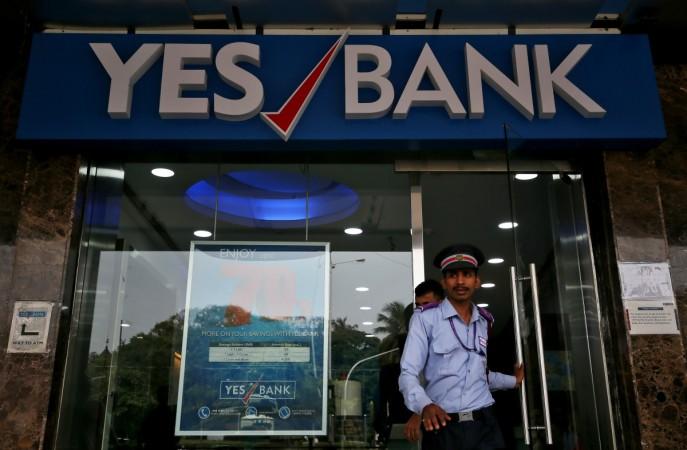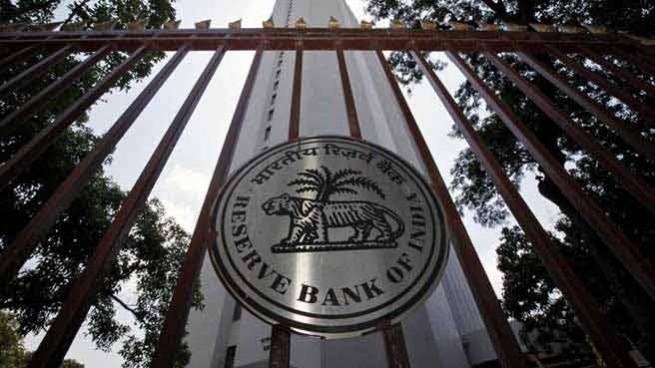
Shares of Yes Bank surged nearly 30 percent after the Reserve Bank of India (RBI) cleared the lender of any disparity in reporting bad loans. Yes Bank said in an exchange filing on Wednesday that RBI's risk assessment report for 2017-18 showed the Mumbai-based lender had complied with norms and had zero divergence in its asset classification. The shares rose 28.96 percent in early trade on Thursday, to hit Rs 218.
Yes Bank investors, who took huge risk after the drubbing the stock got in the recent past, were in for a surprise on Thursday. The stock had a very turbulent phase through the fiscal year, falling 39 percent. The bank was hit badly by the uncertainty over Chairman Rana Kapoor's tenure and the RBI stricture limiting his term last year. RBI's order limiting his term to January 31 had dealt one of the biggest shocks to the lender's stock. Following the central bank move, Yes Bank's stock fell 39 percent, wiping out a staggering Rs 32,722 crore of the shareholder wealth.

However, the announcement of a new CEO in January changed the outlook. Now, the clean score in RBI divergence report has added another boost to the shares. "The report observes NIL divergences in the bank's asset classification and provisioning from the RBI norms," Yes Bank said in the filing. The RBI makes the divergence report after checking if lenders follows regulatory norms with respect to non-performing asset classification and provisioning. The difference between RBI's inspection findings and the lender's own appraisal is termed as divergence.
What's divergence report?
RBI had found that Yes Bank's divergence was too wide for comfort in the previous years. According to Bloomberg, Yes Bank's divergence of bad loans was at Rs 4,176.70 crore during FY16. The same stood at Rs 6,355 crore, or three times the reported bad loan amount, in FY 17. This had led the central bank to initiate action against Yes Bank and curtail the CEO's term.
Yes Bank, one of India's leading private banks, had a turbulent journey after the central bank move. India's fifth largest private sector lender by assets has faced intense media scrutiny in the midst of multiple regulatory checks, senior level resignation and a stock price decline.
Yes Bank shares rose 5 percent on January 15 after reports said Deutsche Bank boss Ravneet Gill was likely to become the embattled lender's CEO. Gill will take over as CEO on March 1.
Several brokerages have rerated the stock with a "buy" rating, according to the Live Mint. While Motilal Oswal has a target price of Rs 270, SBI Cap has a target price of Rs 315. The RBI divergence report shows that Yes Bank will keep on improving its retail franchise and in turn reduce concentration risks and capital consumption, JM Financial said.











